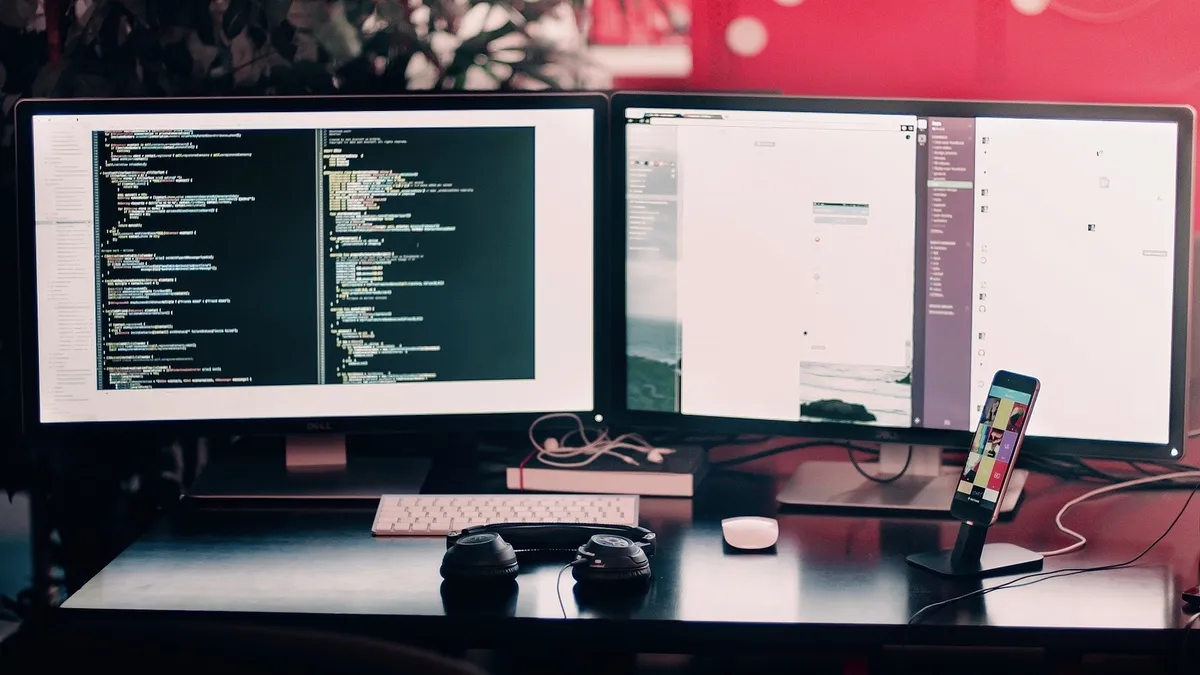Dive Brief:
- As the pandemic impacts business, almost two-thirds of U.S. workers say they would "not feel comfortable" coming back to their offices for another month or more, according to a survey of 2,000 U.S. workers commissioned by software company Citrix.
- If a reactivation of physical offices did not include safety measures — such as mandatory protective equipment, coronavirus testing and contact tracing — 77% of workers say they'd either keep working from home permanently or only enter the office for specific purposes.
- No matter what measures are put in place to make the return to the office a safer one, 3% of workers say the pandemic reshaped their approach to work and they now reject the idea of a full-time return to the office.
Dive Insight:
The pandemic will augment virtually all aspects of business life, including the office's role as the default hub of work.
Even in a scenario where infection rates subside, 74% of companies say at least 5% of their workers will continue working remotely, according to a survey of CFOs from Gartner. One-quarter of companies are considering reducing their real estate footprint, according to PwC.

The move to a distributed office framework is "letting more companies get comfortable with the idea that most people will work remote," said Thomas Murphy, senior director analyst at Gartner, in an interview with CIO Dive.
Some employees won't come back to headquarters full-time, splitting their time between home and the office.
The pandemic is also providing an opportunity for software companies to gauge the impact of a full-fledge switch to remote work, which in turn will change the remote work experience as vendors manage more feature requests, Murphy said.
"This unplanned universal work-from-home experiment has really changed long-held misconceptions about remote work," said Tim Minahan, EVP, business strategy and chief marketing officer at Citrix, in an interview with CIO Dive.
Managers who doubted the efficiency of remote work are "now beginning to realize the positive impact remote work can have on employee productivity and overall costs," said Minahan.
In response to the expansion of work-from-home use cases, Citrix extended remote PC solution access to more employees, and introduced new security functionalities to protect user app data.
"More and more companies need to lean more heavily on remote work and make sure their workers have everything they need, their applications are reliable and their information is secure," Minahan said.













